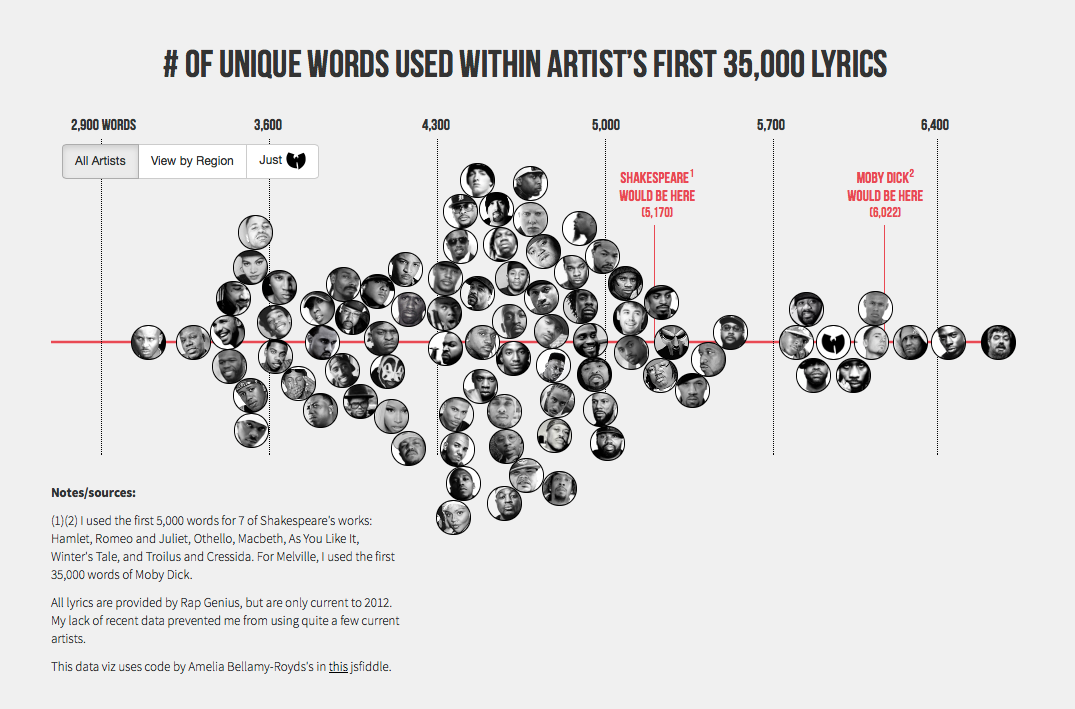music
David Bowie: The Next Day. That album cover design

There has been much discussion surrounding the cover of the new David Bowie album The Next Day so thought I would answer a few questions that people have asked about it.
– Why not a new image for the cover?
We wanted to do something different with it – very difficult in an area where everything has been done before – but we dare to think this is something new. Normally using an image from the past means, ‘recycle’ or ‘greatest hits’ but here we are referring to the title The Next Day. The “Heroes” cover obscured by the white square is about the spirit of great pop or rock music which is ‘of the moment’, forgetting or obliterating the past.
However, we all know that this is never quite the case, no matter how much we try, we cannot break free from the past. When you are creative, it manifests itself in every way – it seeps out in every new mark you make (particularly in the case of an artist like Bowie). It always looms large and people will judge you always in relation to your history, no matter how much you try to escape it. The obscuring of an image from the past is also about the wider human condition; we move on relentlessly in our lives to the next day, leaving the past because we have no choice but to.
– Why “Heroes”?
If you are going to subvert an album by David Bowie there are many to choose from but this is one of his most revered, it had to be an image that would really jar if it were subverted in some way and we thought “Heroes” worked best on all counts. Also the new album is very contemplative and the “Heroes” cover matched this mood. The song Where are we now? is a comparison between Berlin when the wall fell and Berlin today. Most people know of Bowie’s heritage in Berlin and we want people to think about the time when the original album was produced and now.
– Why the white square obscuring the image?
We worked on hundreds of designs using the concept of obscuring this cover but the strongest ones were the simplest – it had to be something that was in direct contrast to the image underneath but that wasn’t too contrived (we know all design is contrived, that is the essence of the word ‘design’). It would have been clearer to many people if we had scribbled all over the cover but that didn’t have the detachment of intent necessary to express the melancholy of the songs on the album. Obscuring Bowie’s image is also reference to his identity, not only in the past when he changed endlessly but that he has been absent from the music scene for the past ten years. Was this an act to hide his identity or that he has simply become more comfortable with it?
– Why is there no colour?
The title of the album The Next Day evokes numerous reference points, notably Macbeth’s speech ‘Tomorrow, and tomorrow and tomorrow ’ which deals with the relentless onward push that any unnatural position of power requires. It also has the existential element of Waiting for Godot with waiting for The Next Day – these all seem to question the nature of existence so a monochrome palette seemed most appropriate to this feeling.
– Why didn’t you do a logo, or new design of his name on the cover?
We wanted the cover to be as minimal and undesigned as possible, we felt the most elegant solution was to use the original one from “Heroes” and simply cross out the title of the old album. It has the detachment appropriate for the atmosphere of the new album.
– What is the font you used for the main title?
It is a new font that we are working on called Doctrine – this is the first major use of it. Doctrine will be released in the coming weeks at VirusFonts.
– What is Bowie like to work with?
He is quite a private person, so no need to say too much about him other than that he is a pleasure to work with. Very intelligent, funny, serious when he needs to be and generous in his thoughts and actions.
– Is there anything else you can add?
Yes, having said all this, we know it is only an album cover with a white square on it but often in design it can be a long journey to get at something quite simple which works and that simplicity can work on many levels – often the most simple ideas can be the most radical. We understand that many would have preferred a nice new picture of Bowie but we believed that would be far less interesting and not acknowledge many of the things we have tried to discuss by doing this design. Finally we would like to give David Bowie great credit, he simply did what he always does which is to go with a radical idea and that takes courage and intelligence. That is why we love his music and love working for him.
http://virusfonts.com/news/2013/01/david-bowie-the-next-day-that-album-cover-design/
